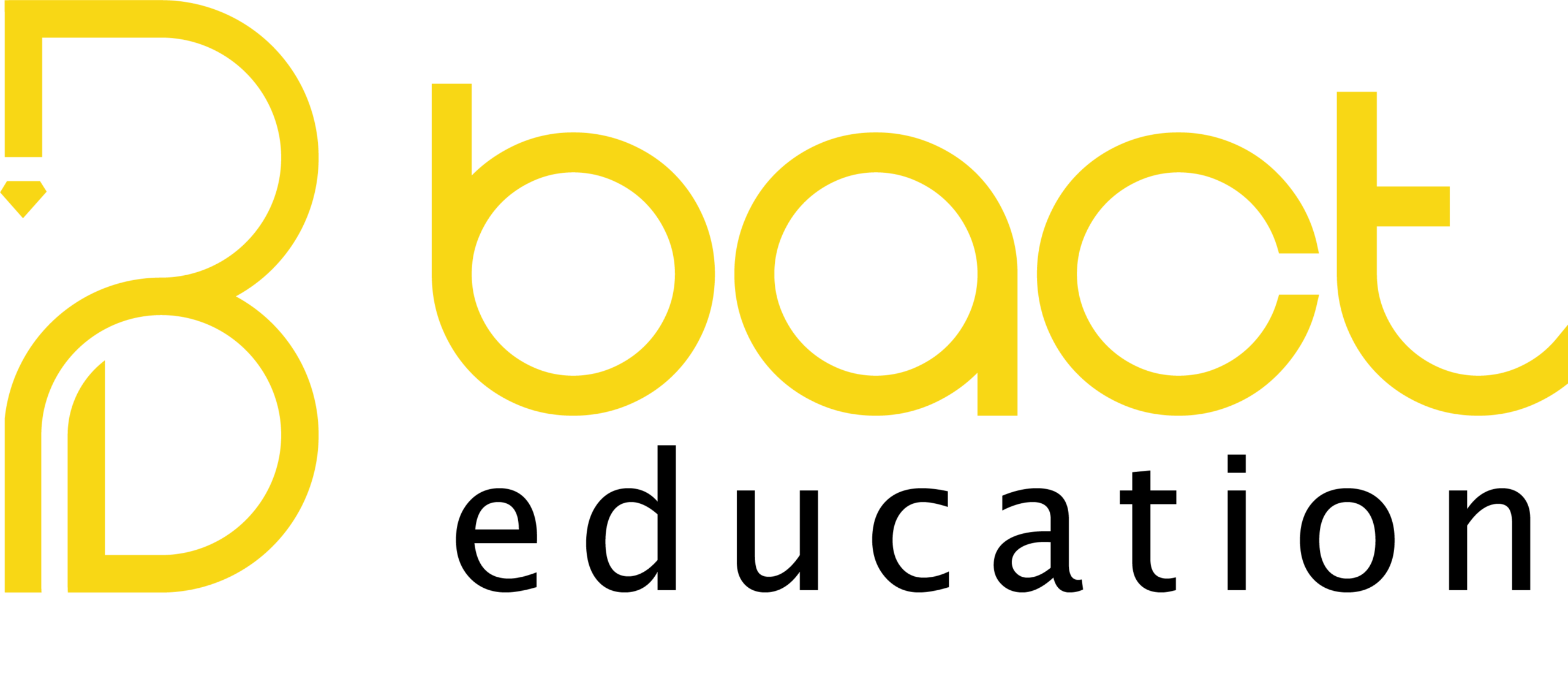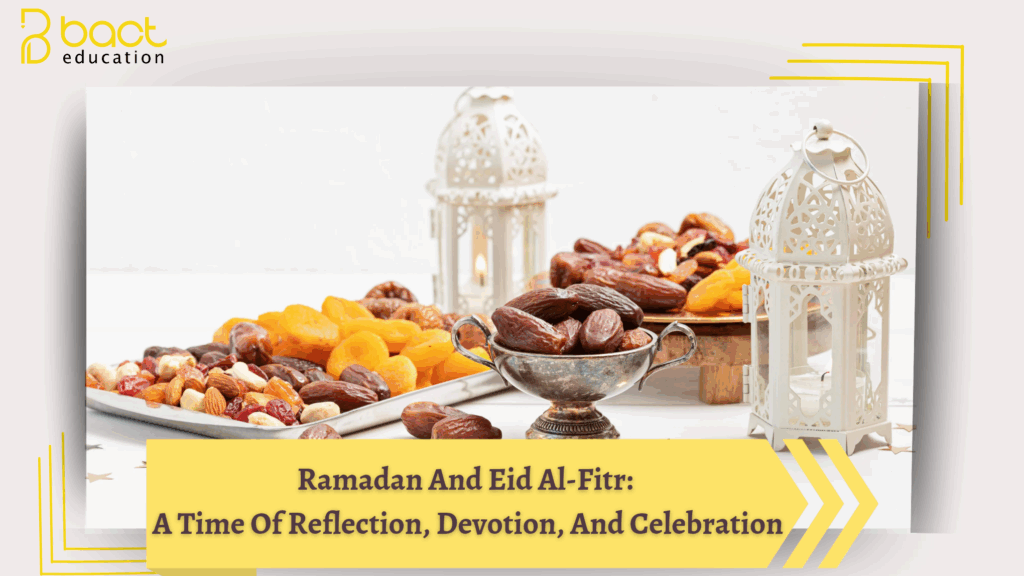Ramadan is one of the most sacred months in the Islamic calendar, observed by Muslims worldwide as a time of fasting, prayer, reflection, and community. It is a month of spiritual growth, self-discipline, and heightened devotion to Allah (God). At the end of Ramadan, Muslims celebrate Eid al-Fitr, a joyous festival that marks the conclusion of this holy month. Together, Ramadan and Eid al-Fitr represent a profound journey of faith, gratitude, and renewal.
The Significance of Ramadan
Ramadan is the ninth month of the Islamic lunar calendar and is considered the month in which the Quran, the holy book of Islam, was first revealed to the Prophet Muhammad (peace be upon him). It is a time for Muslims to deepen their connection with Allah through acts of worship, such as fasting, prayer, and charity.
Fasting during Ramadan, known as Sawm, is one of the Five Pillars of Islam. From dawn until sunset, Muslims abstain from food, drink, and other physical needs. However, fasting is not just about refraining from eating and drinking; it is also about cultivating self-discipline, empathy, and gratitude. By experiencing hunger and thirst, Muslims are reminded of the struggles of those less fortunate and are encouraged to be more charitable and compassionate.
In addition to fasting, Ramadan is a time for increased prayer and recitation of the Quran. Many Muslims perform Taraweeh, special nightly prayers held in mosques. The month is also an opportunity for self-reflection and repentance, as Muslims seek to purify their hearts and strengthen their relationship with Allah.
The Spirit of Community
Ramadan is not just an individual journey; it is also a time for community and togetherness. Families and friends gather to share meals before dawn (Suhoor) and after sunset (Iftar). These meals often include traditional dishes and are a time for bonding and gratitude. Mosques are filled with worshippers, and many communities organize charitable events, such as food drives and fundraisers, to support those in need.
The spirit of generosity is a key aspect of Ramadan. Muslims are encouraged to give Zakat al-Fitr, a form of charity given to the poor before Eid al-Fitr. This ensures that everyone, regardless of their financial situation, can partake in the celebrations.
Eid al-Fitr: The Festival of Breaking the Fast
Eid al-Fitr, often simply called Eid, is the festival that marks the end of Ramadan. It is a day of joy, gratitude, and celebration. The word “Eid” means “festivity” or “celebration,” and “Fitr” means “breaking the fast.” On this day, Muslims express their gratitude to Allah for the strength and guidance they received during Ramadan.
Eid al-Fitr begins with a special prayer, known as Salat al-Eid, performed in congregation at mosques or open prayer grounds. After the prayer, Muslims greet each other with the phrase “Eid Mubarak,” which means “Blessed Eid.” The day is filled with festivities, including feasting, visiting family and friends, and exchanging gifts. Traditional sweets and dishes are prepared, and children often receive money or gifts, adding to the excitement of the day.
The Lessons of Ramadan and Eid
Ramadan and Eid al-Fitr teach important lessons about self-discipline, empathy, gratitude, and community. Through fasting and prayer, Muslims learn to control their desires and focus on their spiritual well-being. The emphasis on charity and helping others reinforces the values of compassion and social responsibility.
Eid al-Fitr is not just a celebration of the end of fasting; it is a celebration of the spiritual growth and renewal achieved during Ramadan. It is a reminder that, while the month of Ramadan may end, its lessons and blessings should continue to guide us throughout the year.
Conclusion
Ramadan and Eid al-Fitr are deeply meaningful occasions for Muslims around the world. They are a time to strengthen faith, foster community, and reflect on the blessings of life. As Muslims celebrate Eid al-Fitr, they carry forward the spirit of Ramadan—a spirit of gratitude, generosity, and devotion. These celebrations remind us of the importance of faith, family, and the shared humanity that connects us all.
Let me know if you’d like to adjust or add anything! 😊

